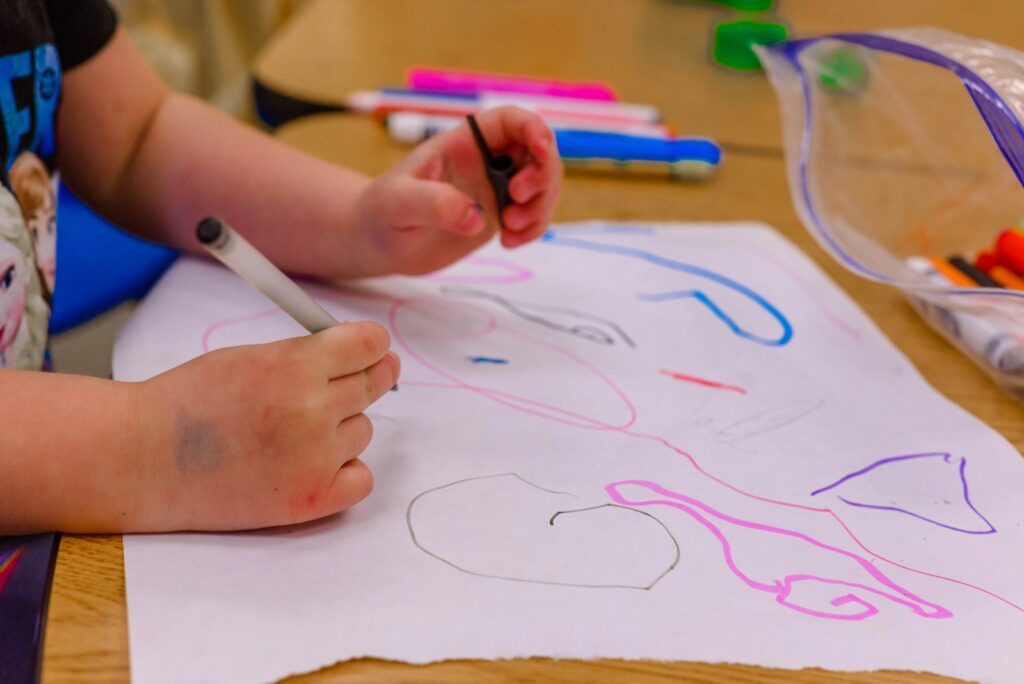In the dynamic world of early education, teachers often encounter unexpected situations that pose unique challenges. Recently, a kindergarten teacher faced a peculiar situation that sparked considerable debate both online and among educational communities. Just before the new academic year, a parent decided to change their four-year-old daughter’s name from Claire to a different name, claiming the child could not pronounce the original name. The teacher, who found this change bewildering, shared her frustration on social media, questioning the rationale behind altering a child’s name after they had already begun to recognize and spell it.

The teacher was taken aback by the parent’s sudden decision to rename their daughter. Previously known as Claire, the girl had been making progress in identifying and writing her own name. However, with no prior discussion, the parents introduced a new name for their daughter, insisting on using it henceforth.
The reason given for this abrupt change was that the child was allegedly unable to pronounce her own name, a claim that the teacher found dubious. According to her, the young girl had no trouble introducing herself and could recognize her name in written form. This unexpected alteration meant relearning a fundamental part of her identity.
Finding the situation unfair to the child, the perplexed teacher sought opinions online: “Would you ever change your child’s name? And at what age do you stick with the name they have?” Comments flooded in, indicating broad interest in the dilemma. One commenter suggested exploring underlying family issues that might have motivated the change, hinting at deeper personal conflicts.
Another community member found the name change peculiar if the original name posed no significant issues. Echoing sentiments across the board, one user related to actress Uzoamaka Aduba’s experience. Her mother had encouraged her to embrace her unique name despite others finding it challenging, poignantly pointing out that the world can learn to pronounce any name, just as it does with Tschaikovsky and Michelangelo.

Ultimately, many saw no justifiable reason to modify a child’s name unless it was originally problematic. Speculation arose over whether an unpleasant association with the name “Claire” triggered the change, yet most felt that without a concrete reason, the decision remained odd. People emphasized the importance of stability in a child’s early identity formation, suggesting that major changes like a name change should not be taken lightly or without significant cause.
In an age where identity and personal expression are more important than ever, the implications of altering a child’s name go beyond mere paperwork or preference. For young learners, a sense of consistency in their name can be crucial for self-recognition and confidence. While parents certainly have rights in naming their child, the impacts of such decisions can reverberate throughout a child’s social and educational life, influencing how they view themselves and interact with the world. As we navigate the tender years of childhood development, it is essential to weigh these decisions carefully, keeping the child’s best interests at heart.

